|
Environmental sustainability consists in making responsible decisions that tend to reduce the negative impact of your business on the environment. It implies defining a line of action in the interest of protecting the natural world, with particular emphasis on preserving the ability of the environment to make human life endure. There is a simple rule in the world of environmental sustainability, and this is: "If any waste or pollution of any kind is generated, someone further down the production chain will be affected and will have to pay for it."
0 Comments
We live in a world of constant change, everything happens quickly and technological advances make us live in a permanent pursuit of new knowledge. Certainly, the specialty coffee industry has grown exponentially in the last five years. The progress we have seen and experienced in farming, processing, logistics, roasting and brewing are undeniable and certainly admirable. But is this level of growth sustainable in the long term? Are we neglecting quality to privilege the quantity?
We just had a great origin trip to Tanzania. It was amazing to see on the ground, the massive work that is being done in different spheres of the country, with the aim of revitalizing their coffee industry and re-obtaining a global prestige, already lost since the 80-90's. With young local professionals bringing new ideas and energy, the help of foreign experts, serious government projects and planning, and the always present example of the "elder coffee brother" (Kenya); the industry in Tanzania is rising from the ashes and paving a great future. Today, the best lots are being produced in the area of Kilimanjaro, Arusha and Karatu in the north of the country, and Mbeya in the south. Unlike Kenya (with two harvests), in Tanzania there is only one very long harvest a year. It extends from June and can last until December, in the highest areas. Soils are volcanic and very rich in essential nutrients, perfect for the cultivation of high quality Arabicas. Although, there are important challenges that must be overcome: one of the most urgent is the low productivity of the coffee plantations in the northern areas. A coffee tree is considered not economically profitable when it reaches 20-25 years of age. In Tanzania there are over 240 million coffee trees, and the vast majority are over 40 years old. If we add to this, that most coffee growers are improperly combining coffee with other “more profitable crops” such as bananas, overshadowing coffee trees and destroying the soil with an excessive use of pesticides. And lastly, the lack of infrastructure, especially in the south, make the costs of marketing and sale of coffee extremely high, and in some cases farmers get as little as 50% of the FOB price. From our perspective, we are convinced that working towards strict lots separation, direct trade and building coffee-relationships with farmers and co-op's committed to quality, are the key to open the gateway of this origin, which has a potential as big as the Kilimanjaro, to produce high quality coffees.
Potato defect, quakers, coffee berry disease, immature cherries, anthracnose, etc. All these are potential threats to your wonderful Rwanda, Burundi or Congo cup of coffee.
But how can we get rid of them? Or cut to a minimum the chances of getting a bad bean into so much goodness? Some cooperatives in Rwanda are adopting this unique practice of hand-sorting wet parchment after being washed and fermented. Some defective beans can be visually detected more easily when the parchment is slightly transparent with moisture. It is another opportunity to eliminate immature green beans, floaters, quakers, beans with anthracnose and insect-damaged (Antestia Bug) coffee that can result in the awful "potato taste defect". Also, the slow introduction of air before the sun in the drying process, helps to keep the parchment intact and without cracks. If we think that the parchment is a small protective layer that reduce the shock of too much heat in the bean, this initial drying phase in raised beds and under shade, promotes that these internal molecular changes happen slowly and progressively. |
Archives
April 2024
Categories
All
|
- What We Do
- Que Hacemos
-
Origins
-
Orígenes
- Education
- Educación
- Contact
- Contacto
- Home Roaster Store
- Tienda del Home Roaster

|
Copyright © 2015-2024 | Kilimanjaro Specialty Coffees España S.L.U. All Rights Reserved.
|

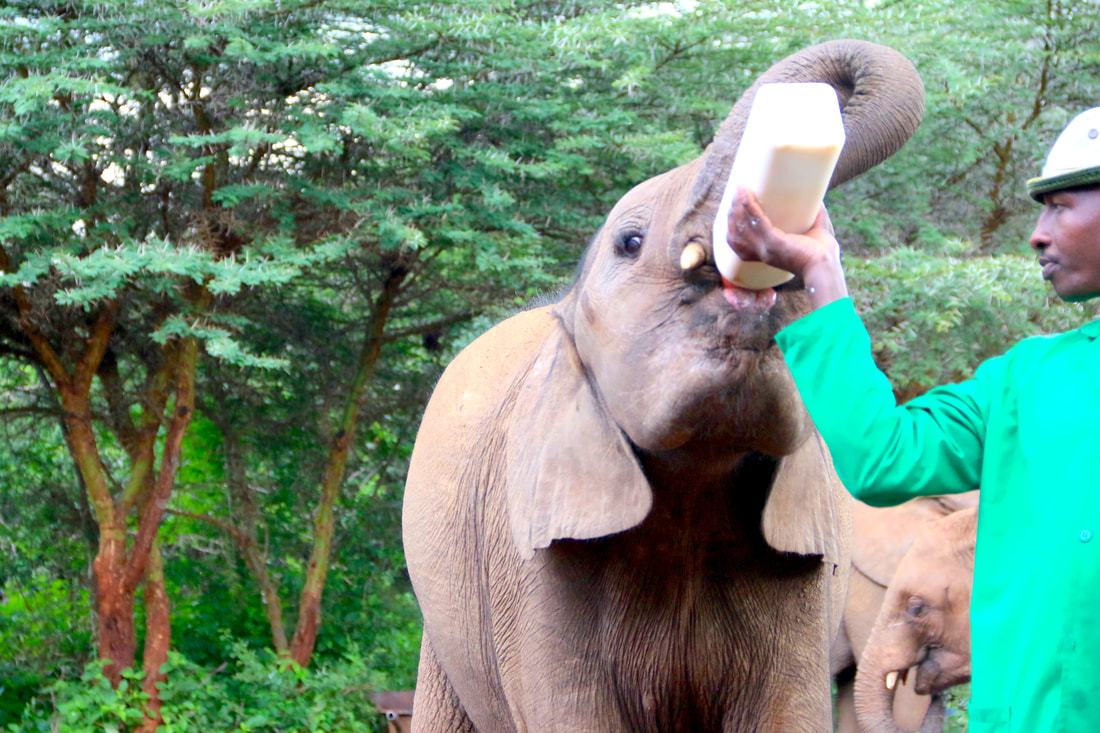
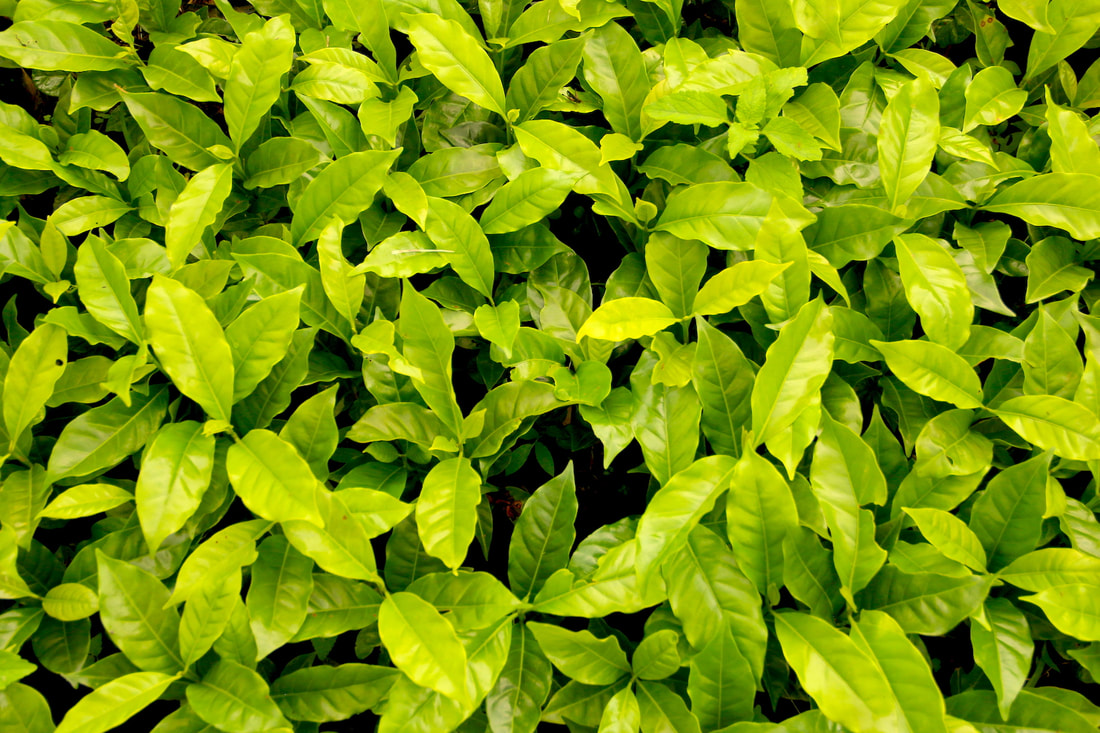
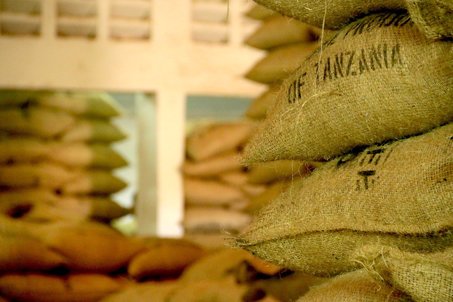
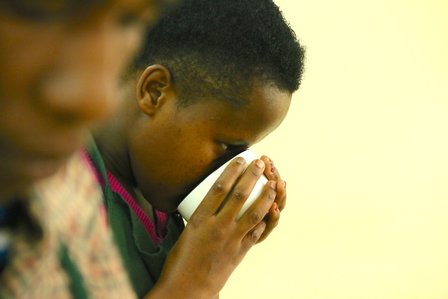
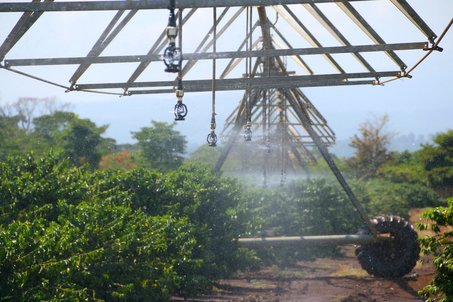
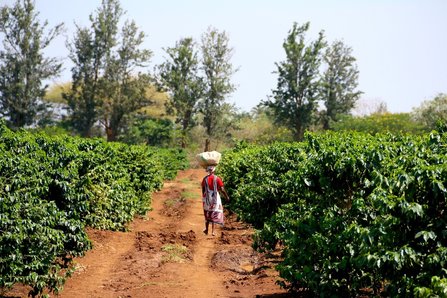
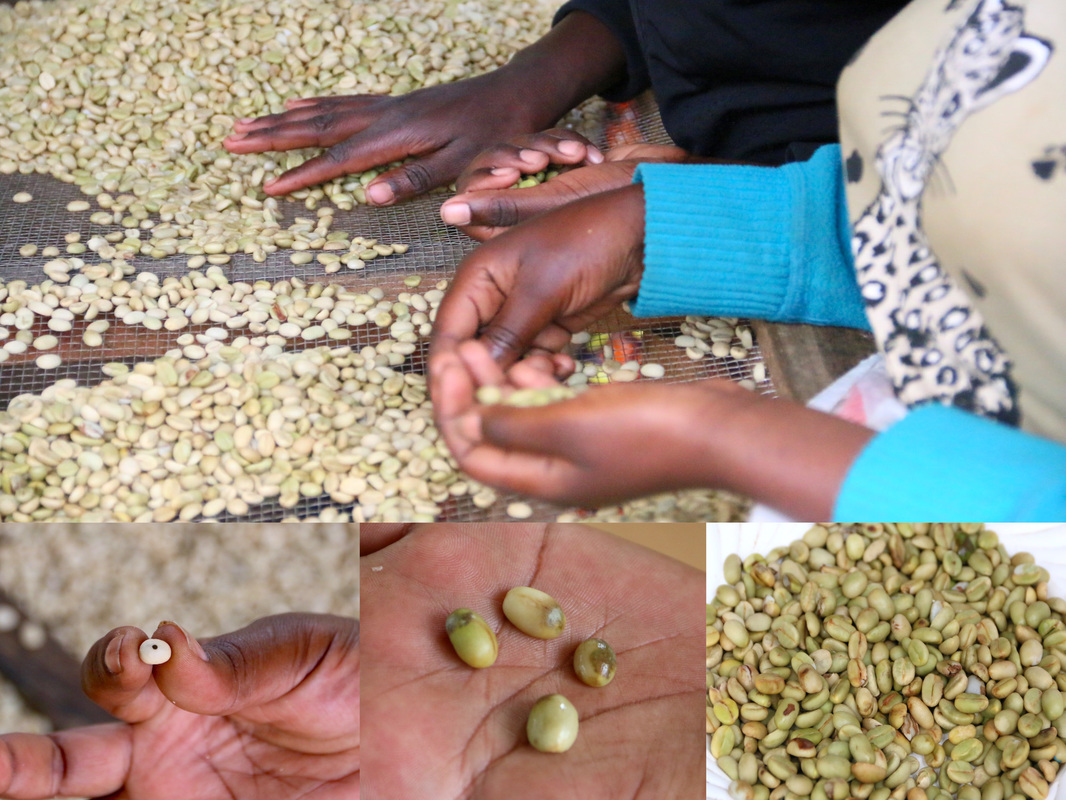
 RSS Feed
RSS Feed